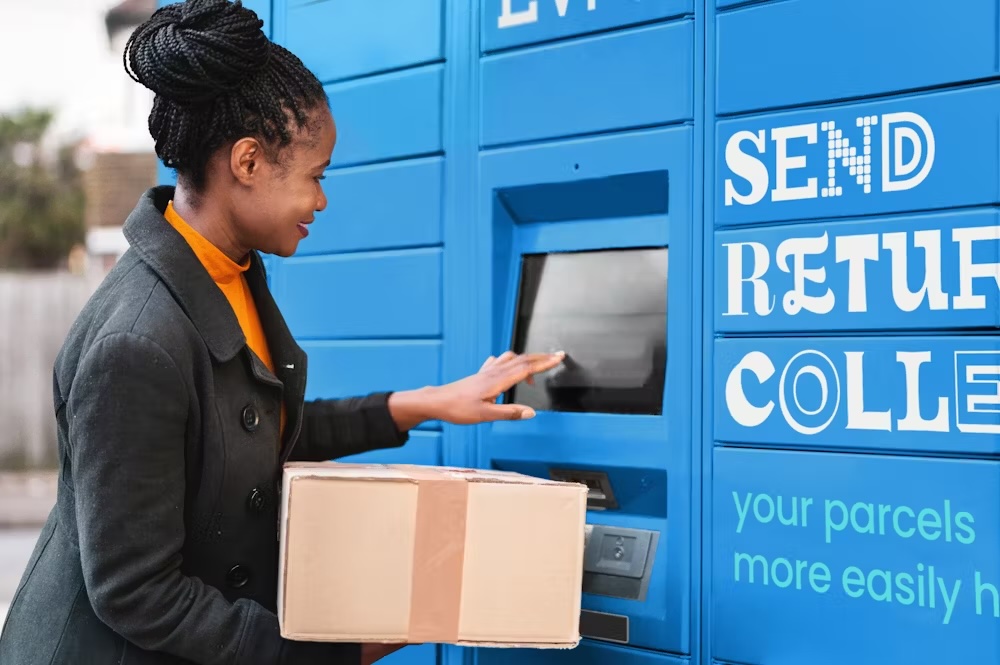In the latest in our series of ecommerce and multichannel predictions for the year ahead we bring together industry views on sustainability trends, expectations and challenges for 2022.
On improving sustainability
“While some retailers were able to get away with adopting the language of sustainability in the past, 2022 will be the year they have to prove their green credentials. This due to pressure from a range of stakeholders, from investors to consumers.
“This drive for proven sustainability outcomes will demand two actions from retailers: the first is that they measure their impact on the environment and the second is to take actions to reduce it. Measurement will be implemented via technology, for example using connected IoT sensors to monitor in-store energy use or developing new systems for tracing the environmental impact of products across their lifecycle.”
Oliver Guy, Senior Director, Industry Solutions at Software AG
Pushed by consumer demand, 2022 will be the year of the eco-business
Sustainability has been a big focus of 2021, as shown by the wide interest in COP26 this year. However, as we move into 2022, we will see an even bigger demand for businesses to become more eco- and environment-friendly. With more consumers shopping online – our research showed that 57% of the UK public are buying more online than before the pandemic – using environmentally friendly materials and packaging is moving from a nice-to-have to a must. Our survey also showed that 37% of consumers want to see businesses using environmentally friendly materials. As many continue to take customer demands and expectations seriously, we expect to see an even bigger push towards eco-friendly and sustainable materials. Great strides have already been made over the past 12 months, for example this year 47% of businesses started using environmentally friendly packaging whilst 32% of retailers started engaging with sustainability/recycling and waste management efforts, but more is coming.
Kaushalya Somasundaram, head of UK payments partnerships & industry relations at Square
Green consumption
A trend likely to dominate the next 12 months and beyond is ‘green commerce’. Customers have become increasingly conscious of their consumption and are looking at how they can shop more sustainably. As a result of this, retailers are under pressure to find new, innovative ways to transform their current supply chains and operations. During 2022, we can expect to see more companies looking to optimise their last-mile strategies, embrace smarter, paperless warehouse environments – likely introducing robotics to automate and streamline processes – and incorporate sustainable packaging. Customers want to shop from businesses that are transparent; they are even willing to pay more for sustainable products and wait longer for eco-friendly delivery. For retailers, supporting their customers’ choices won’t just help to drive revenue, but it will also improve customer loyalty and satisfaction.
Mel Tymm, Industry Principal, Naveo Commerce
Governments will start to legislate on sustainability – retailers need to be ready
“As the second least sustainable industry after oil and gas, we all need to look at short, medium and long term measures to cut carbon emissions, implement more efficient working practices and invest in recycled materials. It is likely that governments will end up legislating before consumers really start to change their behaviour. Retailers who are not set-up to respond will lose out.
“Dressipi is helping retailers grow both sustainably and profitably. One of these ways is through our AI Product Forecasting model which accurately predicts the sales velocity and optimal size ratios for every product at SKU level. Building efficiencies here is a no-brainer, less waste, higher sell-through rates and significant EBIT contributions.”
Sarah McVittie, Co-founder of Dressipi
Re-shine the spotlight on sustainability
“In 2021, sustainability within retail was still not front of mind for many retailers following the pandemic. The MIT State of Supply Chain Sustainability report sponsored by Blue Yonder revealed a dramatic move away from sustainability initiatives across the retail, manufacturing and logistics sectors as businesses were more concerned with restoring their operations to pre-pandemic levels and less on sustainability – and understandably so.
“However, COP26 has brought sustainability back into the spotlight and it’s apparent that business leaders are increasingly recognising the importance of supply chain sustainability – but it’s something we need to place more emphasis on in 2022. Retailers should incorporate sustainability within their supply chain without question, and as more pressure comes from governments, regulatory bodies and consumers, we will start to see retailers invest more in ‘green’ initiatives. However, these initiatives ideally should also be profitable. AI and machine learning (ML) has the power to reduce supply chains environmental impact and waste whilst improving efficiency and customer experience. What is crucial to remember for 2022 is that businesses cannot make empty promises or deliver sustainability on good intentions alone: organisations will need to adopt new ways of operating, and we will need to hold those that don’t accountable.”
Wayne Snyder, VP Retail Industry Strategy, Blue Yonder
Fashion brands will rely on tech to scale-up recommerce
Next year, fashion brands will be more targeted towards ethical consumers – with widespread awareness of environmental and supply issues emerging during the pandemic. To broaden appeal, leading brands will look to design products with re-use in mind, as global investment in recommerce is set to rise to $1 billion in 2022.
Authentication and traceability technologies will become key, as brands use recommerce platforms to prove their environmental and social credentials. To scale up recommerce platforms, digital identities can be applied to items in the production phase, providing automated authentication when they appear. Massively scalable technologies such as this will enable brands to capitalise on the continued growth in recommerce next year.
Nick Fletcher, senior vice president, Northern Europe, Rakuten Advertising









